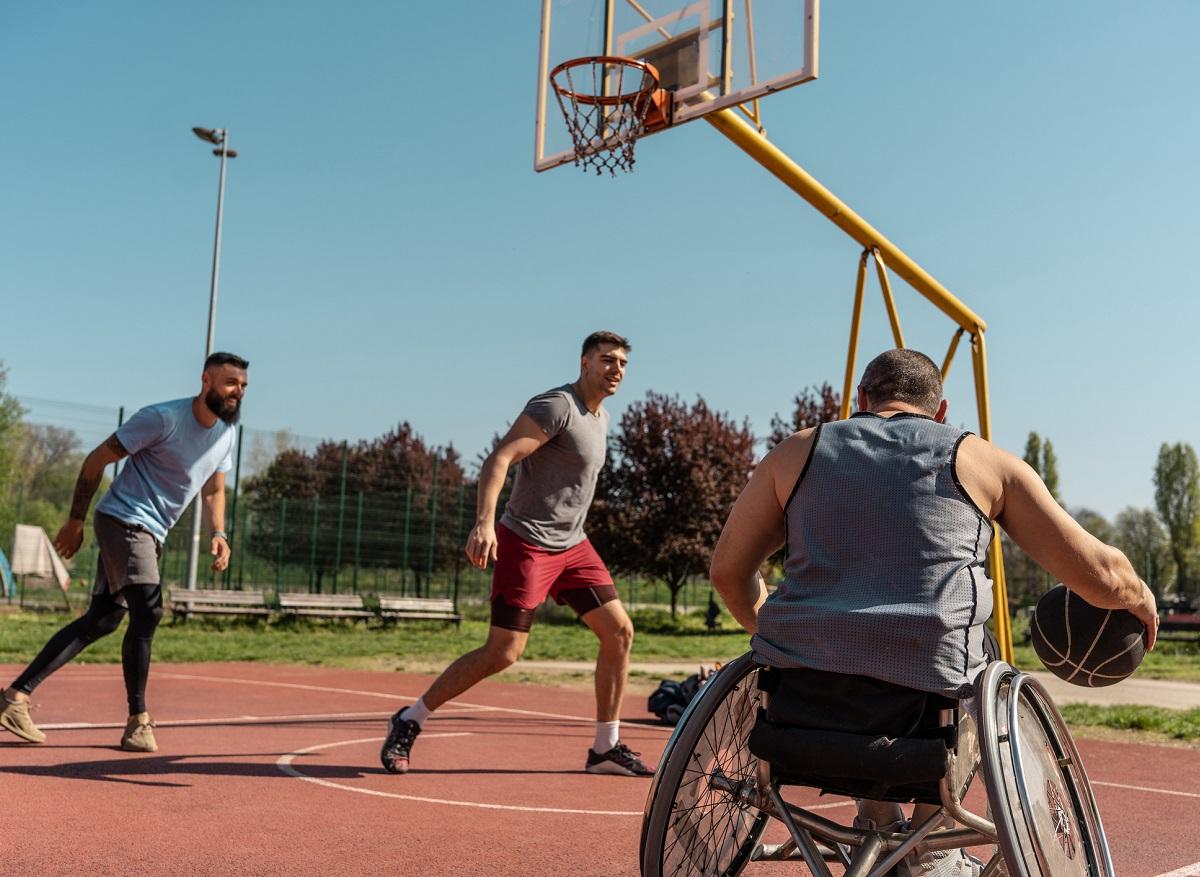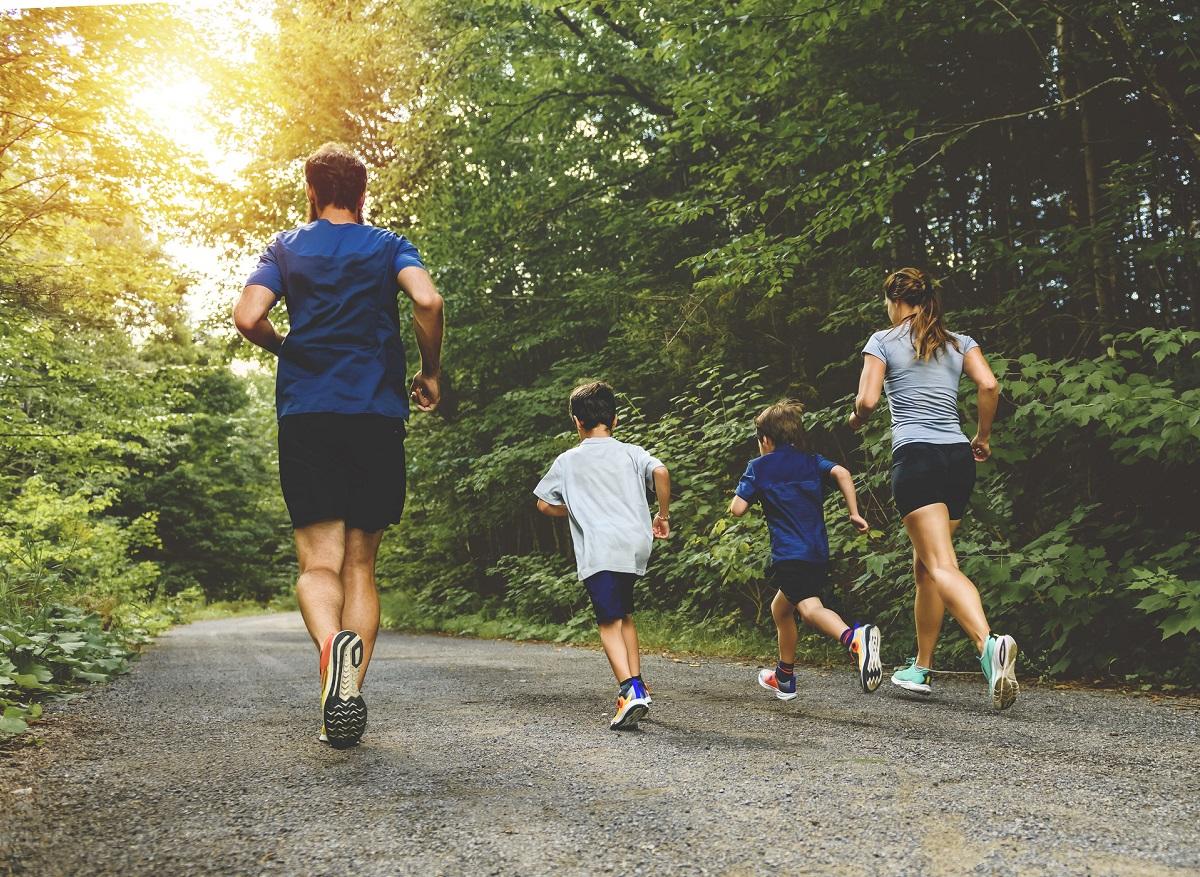Sports practice has significant environmental impacts. By adopting more ecological alternatives such as cycling, walking and outdoor sports, we can encourage sustainable sports that respect our planet.

- Environmental impacts: sports infrastructure and equipment have a significant ecological footprint.
- Ecological alternatives: favor cycling, walking and outdoor sports to reduce your impact.
- Awareness and innovation: Education and green technologies are crucial to promote sustainable sports.
Sports facilities, such as stadiums, swimming pools and gymnasiums, require a large amount of resources to build and maintain. These facilities consume energy, water and materials, and generate waste. For example, a football stadium can consume millions of litres of water each year to keep the turf in good condition. In addition, large-scale sporting events, such as the Olympic Games, generate a significant carbon footprint due to mass travel and high energy requirements.
Sports fields and green spaces often require the use of chemicals such as fertilizers and pesticides for their maintenance. These substances can contaminate soil and waterways, affecting local flora and fauna. In addition, sports equipment such as balls, rackets and sports clothing are often made from non-biodegradable materials and can contribute to plastic pollution.
More ecological alternatives for doing sports
Cycling and walking
Cycling and walking are environmentally friendly alternatives to motorized sports and activities that require complex infrastructure. These modes of transportation and exercise do not produce pollution and consume very few natural resources. In addition to their environmental benefits, cycling and walking are excellent for cardiovascular health and can easily be incorporated into daily routines.
Outdoor sports
Outdoor sports such as hiking, trail running and kayaking have a relatively low environmental impact when practiced responsibly. These activities allow you to enjoy the benefits of nature while minimizing your ecological footprint. To further reduce your impact, you can follow environmental principles such as not leaving any waste and respecting local flora and fauna.
Encourage the practice of sustainable sports
Awareness and education
To promote sustainable sports practices, it is essential to raise awareness among athletes and the general public about the environmental impacts of their activities. Information campaigns and educational programmes can help to spread environmentally friendly behaviours. For example, sports clubs and event organisers can encourage recycling, the use of eco-friendly materials and waste reduction.
Technological innovations
Technological innovations can also play a key role in reducing the ecological footprint of sports. For example, using recycled materials to manufacture sports equipment, developing synthetic sports fields that require less water and installing solar panels in sports facilities are all solutions to make sports more sustainable.
Sport and the environment can coexist harmoniously through sustainable and nature-friendly practices. By adopting ecological alternatives and raising awareness among athletes about environmental issues, we can reduce the ecological footprint of our physical activities and protect our planet for future generations.
Practical advice for ecological sports practice:
• Opt for outdoor sports: favor activities such as hiking, cycling and walking.
• Use sustainable equipment: Choose products made from recycled or sustainable materials.
• Reduce waste: Adopt zero waste practices, such as using reusable water bottles and recycling packaging.

















